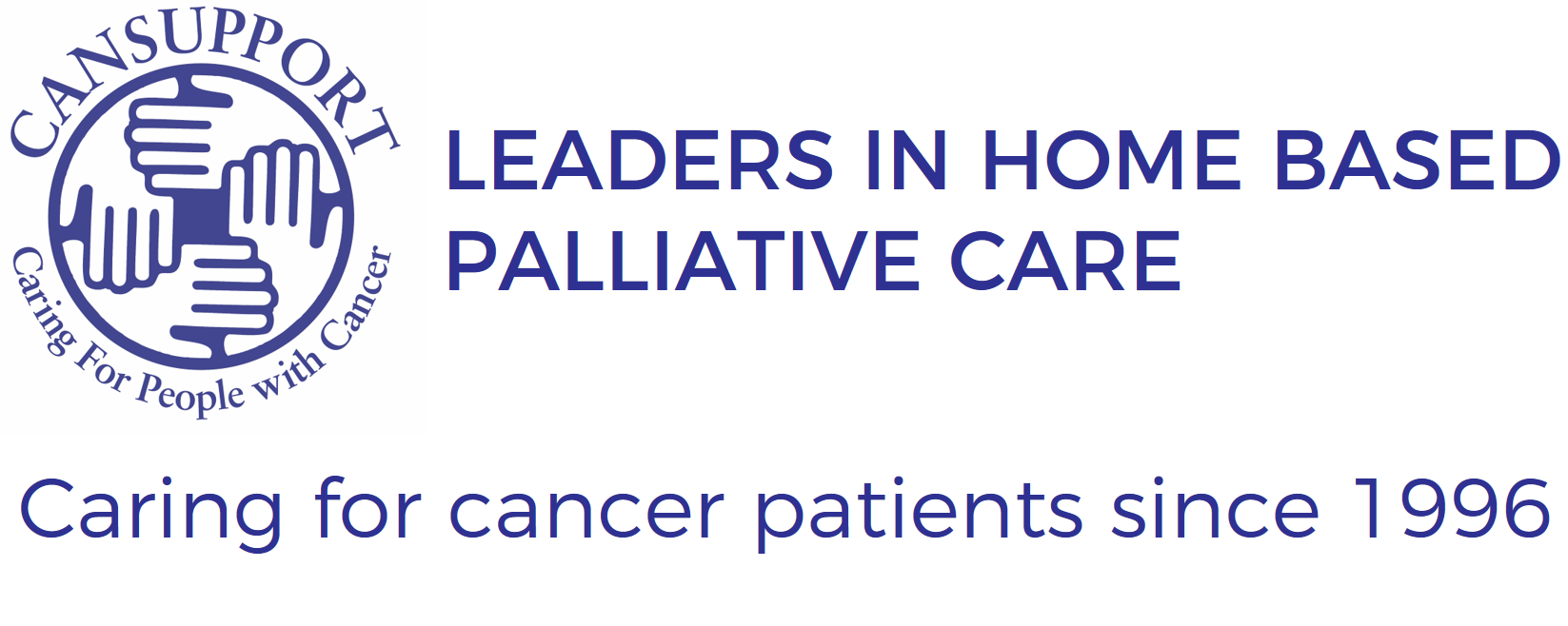In the heart of every conflict, amid the chaos and despair, there exists a dire need for solace and relief. We witness this need first hand as a palliative care unit in India. Palliative care, a discipline often overshadowed by other branches of medicine, holds immense potential especially in war-torn regions, where suffering knows no bounds.
War zones are notorious for their ability to bring about devastation and destruction. Today, in places like Gaza, life is a constant struggle. Violence and uncertainty are reigning, and the impact on the health of individuals is devastating. The individuals caught in the crossfire are civilians and after all humans who often face not only physical trauma but also profound emotional and psychological suffering. And in the middle of this chaos, there are individuals who are battling chronic, life-limiting illnesses. Access to proper healthcare is a luxury in such conditions, and the ramifications are devastating. It is here that palliative care can make a significant difference.
Palliative care is not about curing but caring, it's about enhancing the quality of life for those facing life-limiting conditions. It focuses on pain management, symptom control, and psychosocial, emotional and spiritual support. In war zones, where curative treatments may be limited or unavailable, palliative care becomes a lifeline for patients. It provides comfort and reduces suffering, allowing them to live their remaining days with dignity.
The experiences of a palliative care team in a conflicted area can be both challenging and rewarding. People have no access to food and shelter, finding access to advanced treatments is a far distant dream. We can still find relief through palliative care. In these environments, we adapt to the resources available, finding innovative ways to provide comfort and alleviate suffering. The stories of patients who have found respite in palliative care are both heart-wrenching and inspiring. In times like these, the gentle touch of palliative care can provide relief when hope seems lost.
India, with its rapidly growing healthcare sector, can play a pivotal role in supporting palliative care efforts in war-torn regions. The nation boasts a wealth of medical professionals, expertise in pharmaceuticals, and a vibrant pharmaceutical industry. These resources can be harnessed to make a difference in regions like Gaza. India has already sent humanitarian assistance to Gaza Strip including essential life-saving medicines among other necessary items. Collaboration with NGOs and international organizations might also be essential. NGOs such as Médecins Sans Frontières (Doctors Without Borders) have a significant presence in conflict zones.
Palliative care is not a luxury; it is a basic human right. In war-torn regions, where humanity's resilience is tested to its limits, palliative care can provide a beacon of hope. It provides relief when despair looms large and delivers compassion when it is needed most. It's time for the world to recognize the potential of palliative care to make a difference and channel their resources and expertise toward this humanitarian cause. As palliative care physicians, let us advocate for the prioritization of palliative care in the humanitarian efforts. Together, we can bring comfort and dignity to those living in the shadow of war, proving that even in the darkest times, humanity can shine its brightest light.
Dr Ishita Gandhi
Director, Palliative Medicine
CanSupport

